Exosomes: Biogenesis, Therapeutic Applications and Emerging Research
Exosomes are small (30-100 nm diameter) membrane enclosed vesicles of endosomal origin, released by a variety of cell types, which are capable of transferring biologically active macromolecules, such as proteins, lipids and RNA to other cells. Therefore, exosomes are important mediators of intercellular communication influencing physiological or pathological processes at recipient cells. In this book, Chapter One briefly reviews the knowledge gained on the molecular mechanisms underlying exosome formation and release. Chapter Two studies whether the Extracellular Vesicle (EV) Array can be utilized to phenotype unpurified small EVs (sEVs) from other body fluids such as urine, saliva, synovial fluid, cerebrospinal fluid (CSF), ascites, bone marrow (BM) and bronchoalveolar lavage fluid (BALF). Chapter Three examines the multifaceted roles of tumor-associated exosomes in the development and progression of cancer as well as the unique utility they present to detect, monitor, and therapeutically combat tumor occurrences. Chapter Four provides a review of the types of EVs encountered by sperm in the environment they traverse on their journey to the ampulla in the oviduct.
{{comment.content}}
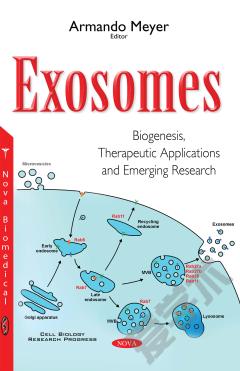
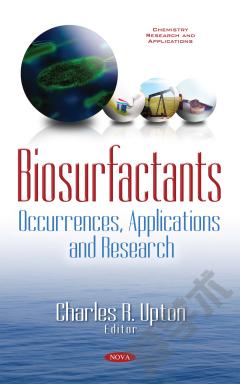
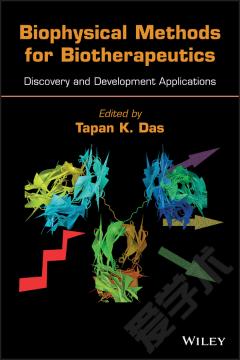
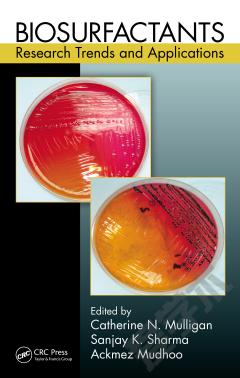
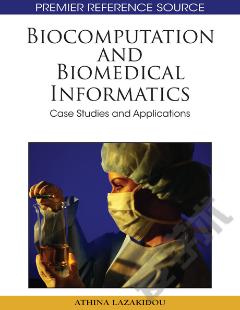



 京公网安备 11010802027623号
京公网安备 11010802027623号